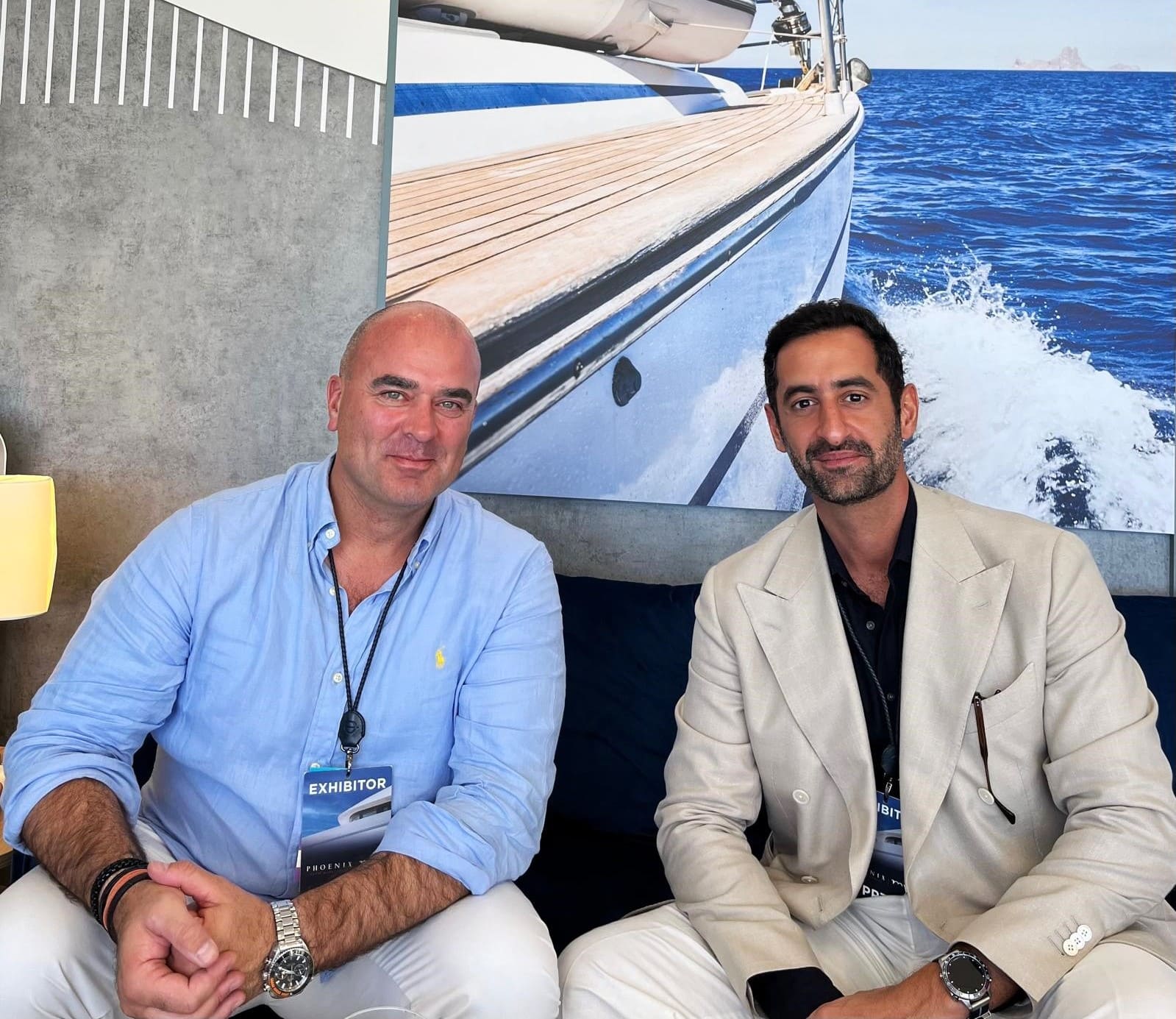Ian Harris is the CEO and Founder of Phoenix Yacht Management, based in Dubai.
The yachting sector in the Middle East has seen considerable expansion over the last decade. A rising number of yachts are now registered in the area, with a projected 175 superyachts over 30 meters expected to visit by the end of 2024, as per a 2023 market report published by Gulf Superyachts.
A decade ago, clients in the Middle East preferred to charter yachts in the 40-80 meter range,
but there is now an increasing trend towards commissioning their own vessels to keep locally. Government agencies are actively facilitating this transition by quickly developing ultra-luxury marine facilities throughout the Middle East.
This growth has intensified the need for premium yacht management firms that provide not just outstanding operational service, technical support, and onboard care, but also have a comprehensive understanding of the region’s specific market dynamics, regulatory environment, and cultural nuances.
The warm climate can pose challenges and necessitates specific maintenance and operational strategies to keep yachts at their best. This includes the use of advanced air conditioning and seawater cooling systems, as well as adhering to maintenance schedules customized for the local climate.
Consequently, management companies proactively incorporate these aspects into their operations, ensuring yachts comply with local regulations while being suited to the region’s distinctive requirements.
The luxury yacht market in the Middle East, driven by clients looking for exclusivity, demands a heightened level of privacy and personalized services. Some clients may lean toward management that respects cultural sensitivities, necessitating crew training in specific customs and etiquette.
In scenarios where there is a strong preference for family-oriented experiences, offerings may need to accommodate large, multi-generational groups.
Yacht management firms have responded by ensuring crews are not only skilled in luxury service but also culturally knowledgeable, able to provide tailored experiences that cater to the diverse needs of clients from various backgrounds in the region. This encompasses everything from dietary needs like halal catering to organizing private, culturally relevant entertainment and activities.
 Ian Harris (left), founder and CEO of Phoenix Yacht Management, alongside Managing Director Yousuf Al Hashimi at the Monaco Yacht Show.
Ian Harris (left), founder and CEO of Phoenix Yacht Management, alongside Managing Director Yousuf Al Hashimi at the Monaco Yacht Show.
Much like other regions, the legal and regulatory landscape for yacht operations in the Middle East can be complex, with notable differences not only among countries but also between the various emirates within the UAE.
On this note, the UAE enacted new maritime legislation, Federal Decree-Law No. 43 of
2023, effective March 2024. This law supersedes older maritime laws, clarifying a range of previous ambiguities. Article 18 enables charterers of foreign-registered vessels to apply for UAE registration and operate under the UAE flag, contingent on a charter term of no less than six months and fulfillment of all registration criteria.
Article 19 allows owners of UAE-registered vessels to request permission to fly a foreign flag when leasing the vessel without its equipment. This newly introduced law offers extensive reforms related to vessel registration and precautionary arrest protocols, enhancing clarity, broadening eligibility, and aligning with international norms. These adjustments are anticipated to simplify maritime operations and create a more robust legal framework for nautical activities within the UAE.
Re-registration can be a strategic choice but requires meticulous planning and a solid grasp of local legislation. For yacht charter operations in the Middle East, adherence to local regulations is essential for ensuring safe and lawful practices.
Yacht management companies ought to have established procedures and training in place to ensure all crew and guests are informed of and comply with these regulations, especially when navigating between borders where laws can differ significantly. Such measures help uphold respect for local cultures while ensuring all onboard activities remain lawful.
Oman, as another growing point for yacht charters, also presents its unique regulatory difficulties. Foreign yachts entering Omani waters are required to secure a cruising permit, necessitating detailed planning and strict adherence to environmental regulations, especially in ecologically sensitive locales such as the Musandam Peninsula.
Oman’s legal structure, influenced by Islamic law, also impacts several facets of yacht operations, including onboard behavior and the types of activities offered in charter schedules.
The tax environment brings additional complexity. In the UAE, a five-percent value-added tax (VAT) may be applicable to yacht charters, contingent on the nature of the service and its location. Accurate calculation and reporting of this tax are necessary to avoid repercussions.
While Oman currently has no VAT regime, various other fees and charges apply to charter activities, demanding careful oversight. Yacht management firms are crucial in ensuring all required permits and licenses are obtained, that yachts conform to both local and national regulations, and that crews are educated to meet the cultural and legal expectations unique to each country or emirate.
By adeptly handling these challenges, they guarantee that yacht charters in the Middle East not only provide a smooth and legally compliant experience but also one enriched with regional culture, exquisite cuisine, and distinctive adventures.



